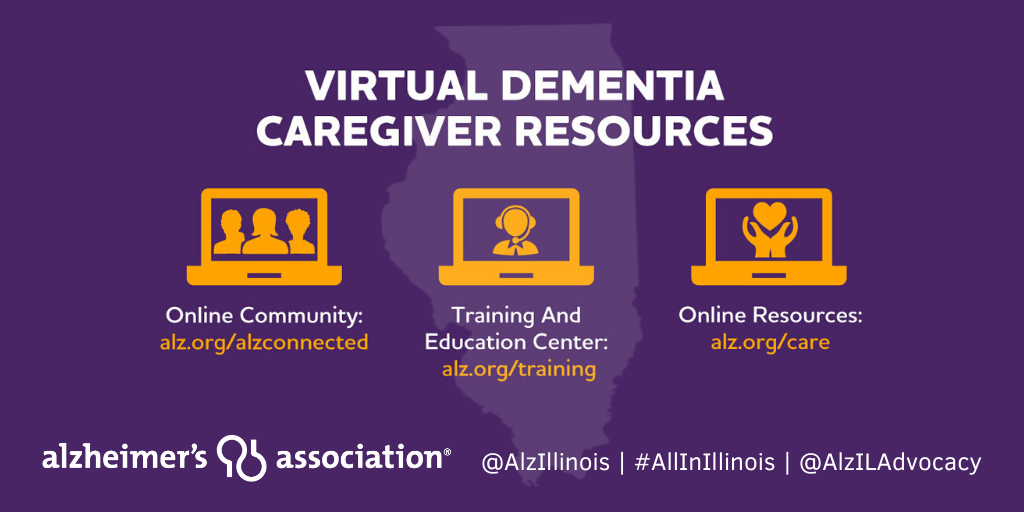You may feel overcome by the many sources of stress in your life right now. Things seem abnormal and worries are high. The Illinois Department of Human Services has a free emotional support text line – reach out for some help when you need it. Text “TALK” to 5-5-2-0-2-0.


With the spread of COVID-10, cancer patients are more vulnerable than ever. The American Cancer Society has created an online hub with current and reliable information about COVID-19 and the impact on the cancer community. Visit https://www.cancer.org/about-us/what-we-do/coronavirus-covid-19-and-cancer.html.
The Illinois Chamber of Commerce and the Illinois Department of Commerce and Economic Opportunity are partnering to host a series of webinars for small businesses in Illinois to provide information regarding the COVID-19 crisis. DCEO Director Erin Guthrie will be answering questions and discussing programs, both state and federal, that businesses can take advantage of during this crisis.
The dates for the webinars are as follows:
Thursday, April 9 from 1:30 p.m. to 3 p.m. and 3 p.m. to 4:30 p.m. for Chicago South Side and Northwest Illinois
Friday, April 10 from 1 p.m. to 2:30 p.m. and 2:30 p.m. to 4 p.m. for Southern Cook County and Central Illinois
Tuesday, April 14 from 1 p.m. to 2:30 p.m. and 3 p.m. to 4:30 p.m. for Northern Cook County
For more information or to register for a webinar, please send an email to Lanae Clarke at
Page 50 of 121